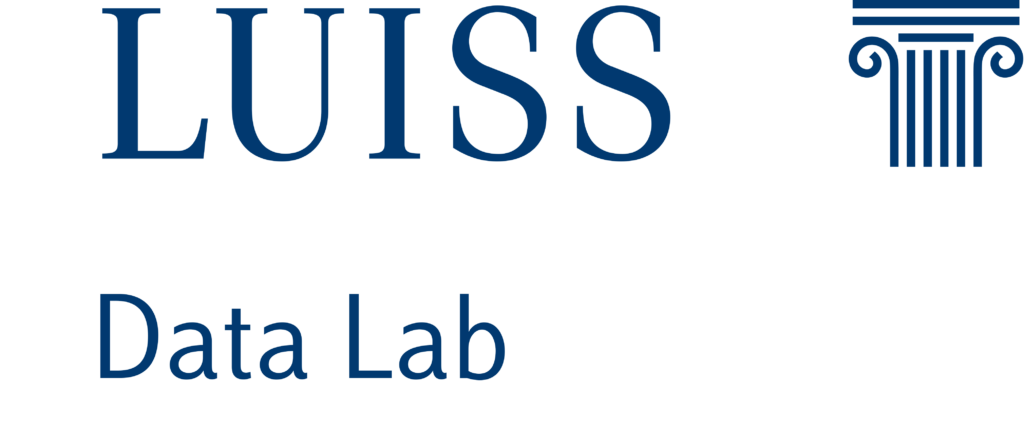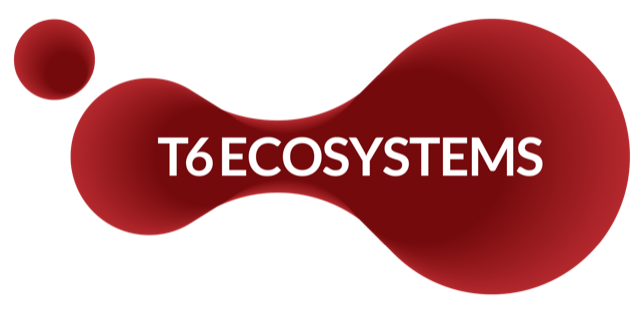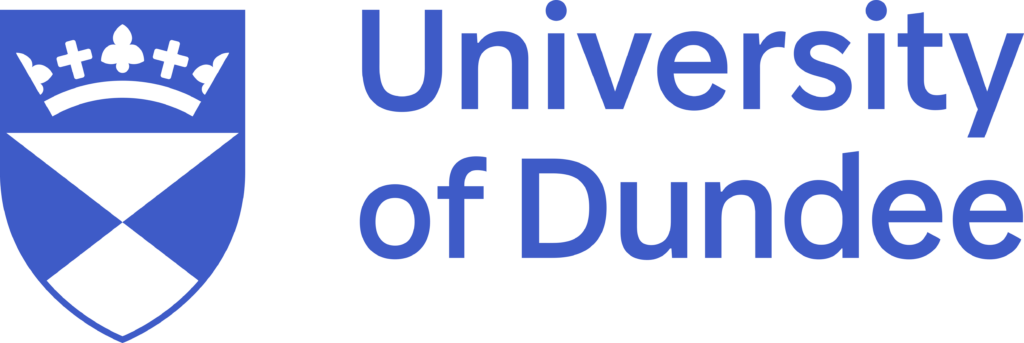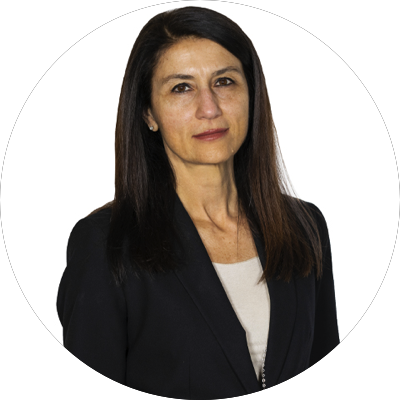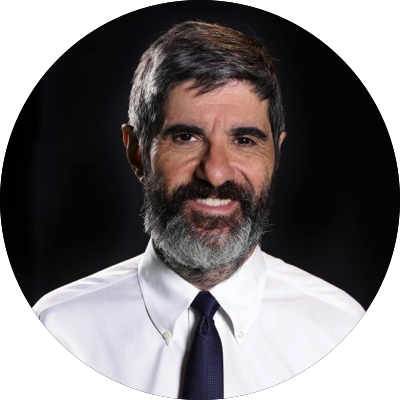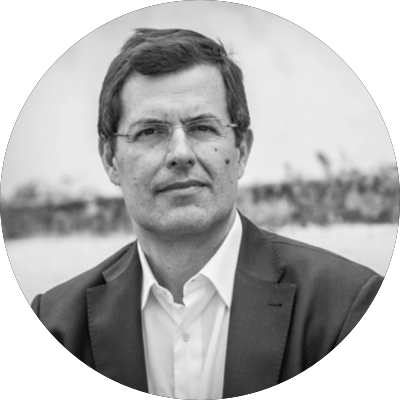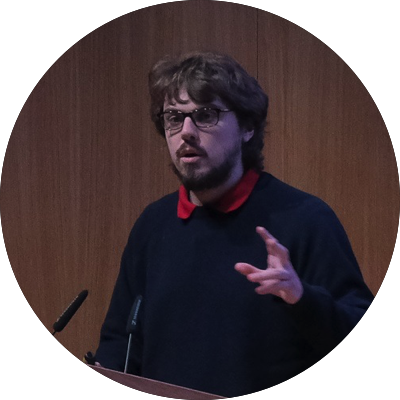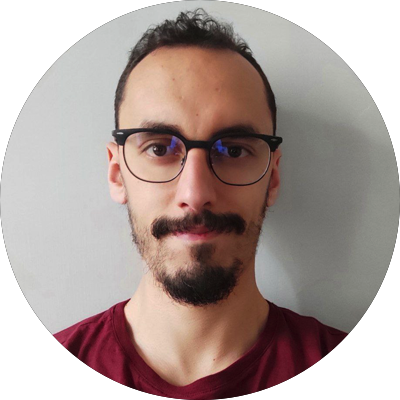WELCOME TO LATIF
Fact-checking beyond the facts
Leveraging argument technology for impartial fact-checking
About LATIF
This project brings the Analysis of Competing Hypotheses (ACH) methodology to the fact-checking domain to counter and control for cognitive bias in the fact-checking process. The project will develop a new generation of digital tools based on ACH to empower and improve fact-checking organizations’ decision-making processes. LATIF begins with a qualitative assessment of fact-checkers understanding and identification of cognitive bias. The project will then leverage these insights to inform the design of a digital infrastructure to improve fact checkers’ decision-making processes towards impartiality (de-bias fact-checking tool). The usefulness of these tools will be then assessed through feedback provided by the fact-checkers and observing potential changes in public visibility of the enhanced fact-checks combining qualitative and quantitative methodologies.
Blog

Impartial Fact Checker – the LATIF new tool
This tool was developed as part of the LATIF project in collaboration with ARG-tech. It is designed to assist fact-checkers in their daily work by

Transparency is Crucial for User-Centered AI, or is it? How this Notion Manifests in the UK Press Coverage of GPT
Transparency is a core principle for a user-centered AI present in all recent regulatory initiatives. Is it equally present in the public discourse?

Fuzzy clustering of spatial interval-valued data
In questo articolo realizzato in collaborazione con il Dipartimento di Scienze Sociali ed Economiche dell’Università La Sapienza, sviluppiamo un algoritmo di classificazione di unità che

LATIF survey – invitation to participate
In the LATIF project we are trying to build a digital tool to help journalists and fact-checkers being impartial in verifying information
Repositories

Impartial Fact Checker – the LATIF new tool
This tool was developed as part of the LATIF project in collaboration with ARG-tech. It is designed to assist fact-checkers in their daily work by
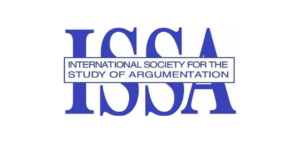
Proceedings of the Tenth Conference of the
International Society for the Study of
Argumentation
The Tenth Conference of the International Society for the Study of Argumentation(ISSA), held at Leiden University, the Netherlands, from 4-7 July 2023, drew togetheraround 250

Relevance theory for mapping cognitive biases in fact-checking: an argumentative approach
In the fast-paced, densely populated information landscape shaped by digitization, distinguishing information from misinformation is critical. Fact-checkers are effective in fighting fake news but face

Let’s make Fact-Checking engaging: a computational social science approach for the analysis and evaluation of Fact-Checking discourse at scale
To counter disinformation, a plethora of fact-checking organizations have arisen, but the fake news phenomenon is far from being solved. Whilst research in computational social
People
Livia De Giovanni è Professoressa Ordinario di Statistica. Insegna presso il Dipartimento di Economia e Management e il Dipartimento...
Gianni Riotta è Visiting Professor presso l'Università di Princeton nel Dipartimento di Francese e Italiano, specializzato in scienze umane digitali, scrittura...
Andrea Nicolai è il CEO e fondatore di T6, una società di consulenza e ricerca. La combinazione di un'educazione umanistica...
Simeon è Professore di Cultura Digitale nel Dipartimento di Comunicazioni e Media dell'Università di Liverpool e Co-Direttore...
Chris Reed è professore di informatica e filosofia presso l'Università di Dundee in Scozia, dove dirige il Centre for Argument...
Elena Musi è Senior Lecturer (Associate Professor) in Communication and Media presso l'Università di Liverpool, dove è responsabile del programma MSc...
Simona De Rosa (PhD) lavora in T6 Ecosystems dove è Direttrice del "Dipartimento di Ricerca sulle Industrie Media e Creative"...
Lorenzo Federico lavora per il Luiss Data Lab come ricercatore post-dottorato in Data Science. I suoi interessi di ricerca sono principalmente legati alla teoria...
Mariavittoria Masotina è research assistant presso il Dipartimento di Comunicazione e Media dell’Università di Liverpool...
Ayoub Mounim si è laureato in fisica teorica presso l'Università di Torino e ha ottenuto un dottorato di ricerca in Teoria dei Campi...
Federica Urzo si è laureata in Scienze Politiche e Relazioni Internazionali presso l'Università di Napoli Federico II. Dopo gli studi...
Gian Marco Passerini is a professional journalist and the content creator at Luiss DataLab..
